The Department of Justice on Wednesday filed a brief with the U.S. Supreme Court supporting Apple's fight against a class action suit alleging that the company violates antitrust laws in regards to how it assesses app store fees, and how it decides what is hosted on the App Store.
The class suing believe Apple has engaged in anti-competitive behaviors in taking a cut from developers sale proceeds. Also at issue is whether companies like Apple can be sued under antitrust law over App Stores, with the plaintiffs potentially awarded treble damages because of the behavior.
The Ninth Circuit Court of Appeals — which includes Apple's headquarters area of Northern California — had ruled for the plaintiffs last year, leading Apple to appeal to the U.S Supreme Court.
In the amicus brief, written by a group of lawyers led by Solicitor General Noel J. Francisco, the DOJ argues that the appeals court misapplied previous precedent.
May it please the court
"The extent (if any) to which app purchasers are injured by Apple's allegedly supracompetitive commission, and by its refusal to allow developers to sell iPhone apps through other channels, thus depends on whether those Apple practices have caused developers to increase the prices charged for their apps in the App Store," the US Department of Justice wrote. "To determine whether third-party app developers would have charged lower prices in a hypothetical market in which they were freed from Apple's allegedly unlawful practices, a court would need to conduct precisely the sort of pass-on analysis that the Court in Illinois Brick rejected."
History of the case
In the suit, originally filed in late 2011, a group of consumers accused Apple of monopolizing the market for iPhone apps by not allowing any other way of purchasing such apps, and therefore engaging in anti-competitive practices.
The plaintiffs claim that Apple ""illegally monopolized the distribution of iPhone apps, and that the commissions charged to app developers inflate the prices consumers ultimately pay for apps."
The original suit accused Apple and AT&T- which offered the iPhone exclusively in its early years- of conspiring to monopolize the "voice and data services" market for iPhones, although this argument was later dropped from the case.
The Ninth Circuit, in January of 2017, reversed a lower court's ruling which found that the plaintiffs lacked standing to sue, because they had purchased the apps directly from Apple, and not from third party app developers. The Ninth did not award a specific damage award to the plaintiffs.
Throughout the case Apple sought repeatedly, and unsuccessfully, to dismiss the suit.
Cook and Trump
Apple CEO Tim Cook met with President Trump in the White House April 25, a discussion the White House has characterized as mostly covering trade issues. It is not known whether the Pepper case came up in their meeting.
 Stephen Silver
Stephen Silver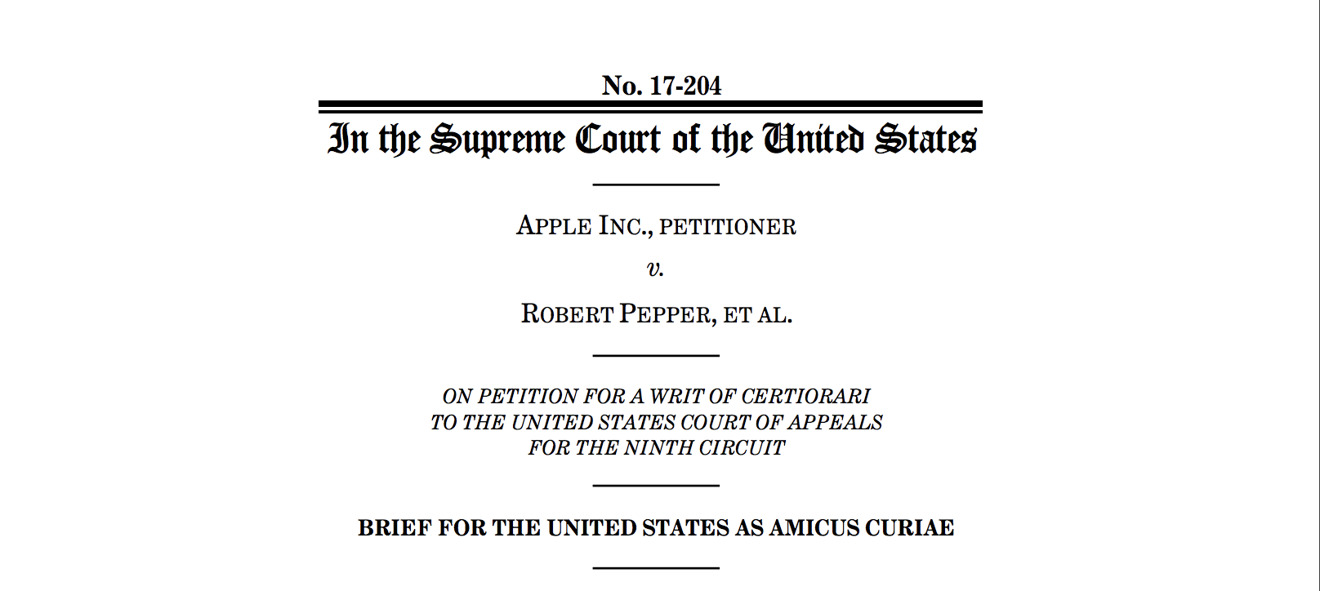
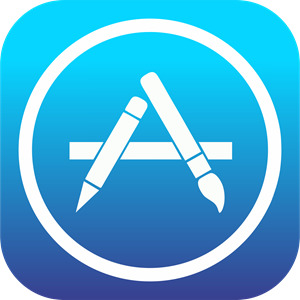

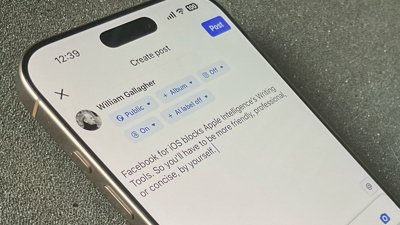
 William Gallagher
William Gallagher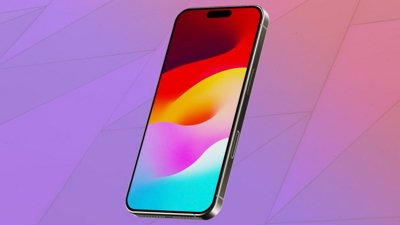

 Andrew O'Hara
Andrew O'Hara
 Wesley Hilliard
Wesley Hilliard

 Malcolm Owen
Malcolm Owen
 Marko Zivkovic
Marko Zivkovic
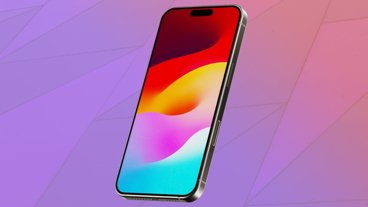



-m.jpg)



